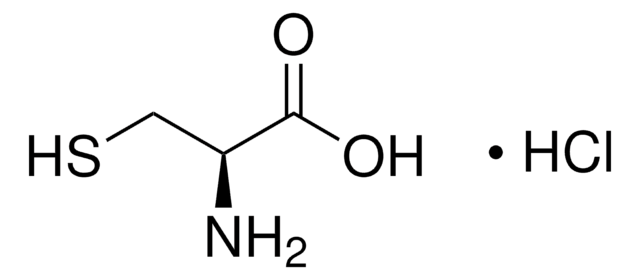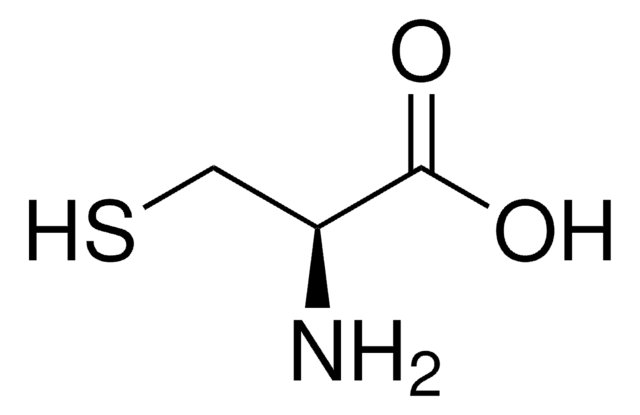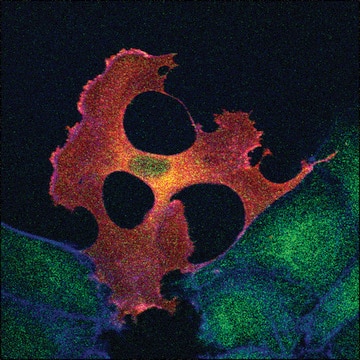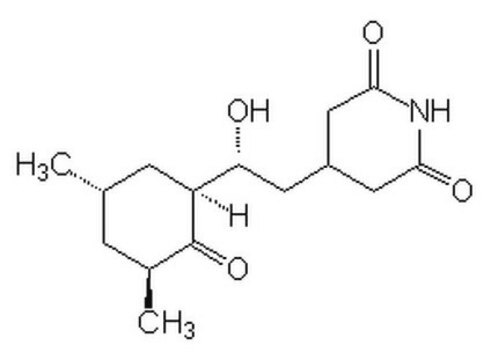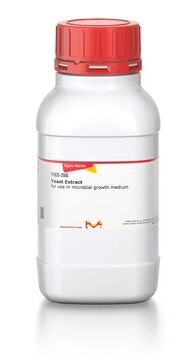Specificity
Clone 1A2 is a rat monoclonal antibody that detects Claudin-2. It targets an epitope within the first extracellular loop.
Immunogen
Full-length human recombinant Claudin-2.
Application
Quality Control TestingEvaluated by Flow Cytometry in HT1080 cells transfected with human Claudin-2.Flow Cytometry Analysis (FC): 1 μg of this antibody detected Claudin-2 in one million HT1080 cells transfected with human Claudin-2.Tested ApplicationsFlow Cytometry Analysis: A representative lot detected Claudin-2 in Flow Cytometry applications (Takigawa, M., et. al. (2017). J Pharmacol Exp Ther. 363(3):444-451).Inhibition Assay: A representative lot of this antibody inhibited TNFa-induced dysfunction of tight junction seals in the intestinal epithelium. (Takigawa, M., et. al. (2017). J Pharmacol Exp Ther. 363(3):444-451). Note: Actual optimal working dilutions must be determined by end user as specimens, and experimental conditions may vary with the end user
Anti-Claudin-2, clone 1A2, Cat. No. MABT1454, is a rat monoclonal antibody that detects Claudin-2 and is tested for use in Flow Cytometry and Inhibition Assays.
Target description
Claudin-2 (UniProt: P57739; also known as SP82) is encoded by the CLDN2 (also known as PSEC0059, SP82, UNQ705/PRO1356) gene (Gene ID: 9075) in human. Claudin-2 is a multi-pass membrane protein with three cytoplasmic domains, two extracellular domains, and four transmembrane domains. It can exist as homopolymer or as a heteropolymer with other claudins mediated through the first extracellular domain (aa 29-81). These interactions are achieved largely through electrostatic interactions with Asp65 and with somewhat weaker interaction with electrons of the Tyr67. Claudin-2 is expression has been reported in liver, kidney, and small intestine. It is a component of epithelial tight junctions (TJ) that plays a key role in TJ-specific obliteration of the intercellular space, through calcium-independent cell-adhesion activity. Its expression is shown to be enhanced in subjects with inflammatory bowel disease. Treatment with TNF-a is also reported to upregulate the expression of Claudin-2 via PI3-kinase signaling that reduces transepithelial electrical resistance (TEER). Clone 1A2 is shown to reduce TNF-a-induced reduction in TEER and restore TJ integrity. (Ref.: Takigawa, M., et al. (2017). J. Pharmacol. Exp. Ther. 363(3); 444-451).
Physical form
Purified rat monoclonal antibody IgG2b in PBS without azide.
Storage and Stability
Stable for 1 year at -10°C to -25°C from date of receipt. Handling Recommendations: Upon receipt and prior to removing the cap, centrifuge the vial and gently mix the solution. Aliquot into microcentrifuge tubes and store at -20°C. Avoid repeated freeze/thaw cycles, which may damage IgG and affect product performance.
Other Notes
Concentration: Please refer to the Certificate of Analysis for the lot-specific concentration.
Disclaimer
Unless otherwise stated in our catalog or other company documentation accompanying the product(s), our products are intended for research use only and are not to be used for any other purpose, which includes but is not limited to, unauthorized commercial uses, in vitro diagnostic uses, ex vivo or in vivo therapeutic uses or any type of consumption or application to humans or animals.
